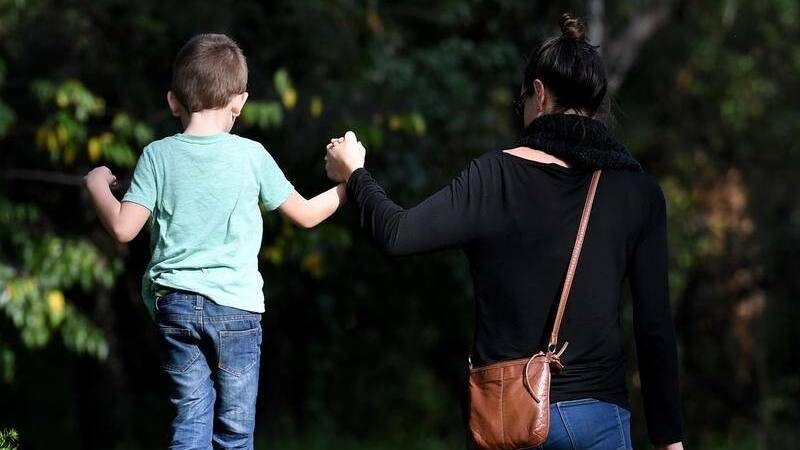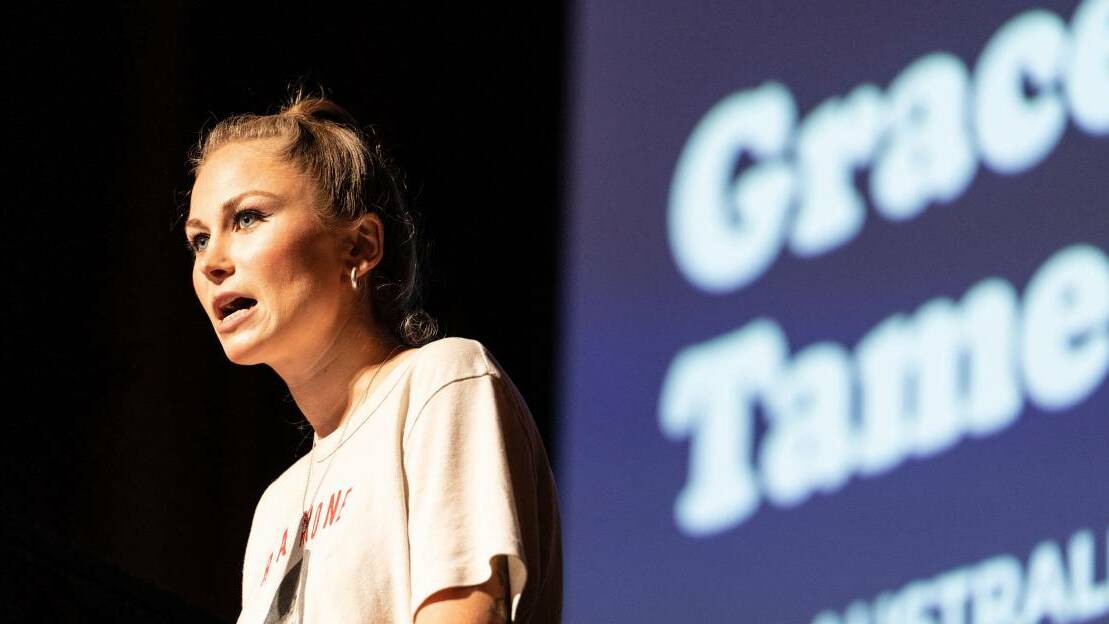
Parents are often "hit with a wall of negativity" and barriers if their children are diagnosed with autism or told they are neurodivergent, but a first-of-its-kind event at the University of Wollongong hopes help to change that.
Subscribe now for unlimited access.
$0/
(min cost $0)
or signup to continue reading
To be held over two days from November 4-5, the conference will bring together researchers, professionals, parents and young people to speak about ways to bridge barriers faced by neurodivergent individuals.
Conference chair Dr Amanda Webster, a senior lecturer at UOW who focuses on creating inclusive learning environments to support people on the autism spectrum, said she wanted people to see neurodiversity as something positive.
"We want to make it positive - that's not to say that there won't be challenges, but also want to help them to see the possibilities," she said.
She said the term neurodiversity had gained traction in recent years, reflecting the increasing recognition that people who have different ways of thinking are naturally part of society.
It can encompass diagnosed conditions, like autism, ADHD, dyslexia or obsessive compulsive disorder, and recognises that people's brains work differently to the majority.
"We're not trying to say everything's all hunky dory all the time and people don't need support, but we're trying to say that it's part of who people are, and we need to help them to maximize those aspects of themselves and not try to fit into boxes that they don't fit into," Dr Webster said.

The conference program includes several high-profile speakers from around Australia, including 2021 Australian of the Year Grace Tame and acclaimed artist Tim Sharp and his mother Judy, who will speak about how drawing helped them to communicate after he was diagnosed as autistic at the age of three.
Through workshops, speeches and information sessions, the weekend event is designed to help neurodivergent individuals talk about their identity, sense of belonging and how they can achieve self-determination.
"Self-determination for me is the ultimate outcome - we want people to be able to live your life, make decisions for yourself in the areas that you want to make decisions for yourself in," Dr Webster said.
"One of the things that I'm going to talk about is about navigating services and supports for parents.
"Because, if you're talking about identity and self-determination that starts from a very young age with how your parents approach things, but these parents are often hit with a wall of negativity from the beginning, a wall of battles, so we want to change that.
"If we make that easier, and a more positive experience we can help them to see the possibilities and help them to have self determination so they can then help their child to have self-determination."
Dr Webster said she hoped the conference would have wide-reaching effects, but also specific benefits for people in the Illawarra and Shoalhaven, with researchers asking people to highlight the challenges and barriers they face in accessing services.
"Living here, people always tend to assume you will just go to Sydney, and services are harder to access the further south you go," she said.
People who are interested in attending the Neurodivergence, Identity and Self-determination conference can register online.
Reading this on mobile web? Download our news app. It's faster, easier to read and we'll send you alerts for breaking news as it happens. Download in the Apple Store or Google Play.


